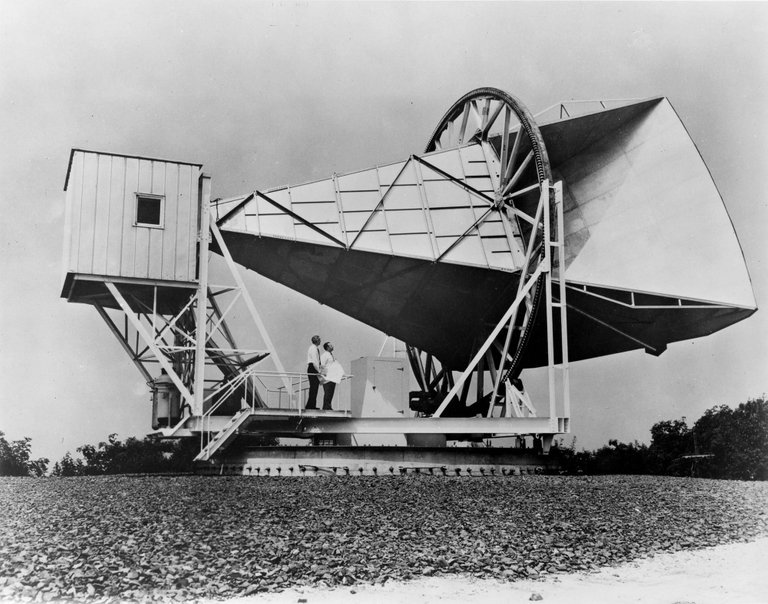News publishers have the opportunity to enter the curation business by leveraging their reputations as trusted sources, and on proven technologies.
Curation has been consistently ignored by big media companies. By curation, I mean lifting what is relevant from a journalistic perspective and selectively linking to it. This is the implementation of Jeff Jarvis’ 2007 encyclical: “Cover what you do best and link to the rest”.
This principle collided with the conservatism of the news industry. Linking to other sites, large or small, was viewed as a ludicrous idea — “Sending my traffic outside, are you nuts?! ” — by the very same crowd who later spent countless resources to show up high on Facebook and Google. Now in a funny turnaround, they realize that Facebook brings them next to nothing and that, at least according to Rupert Murdoch, platforms should pay for premium content (Dream on, Rupert…)
Now let’s look at the future.
There are many reasons for publishers to reconsider developing a curation service.
Their journalistic firepower is dwindling. In the US alone, the traditional journalism workforce has been halved from its peak in the 1990s. The ability to cover the news broadly and in depth is at its lowest point (paving the way for historical misses, such as the strength of the Trump electorate).
Symmetrically, the pool of sources has never been greater. Expertise is now widely available in every field — but it can be hard to find and to evaluate.
Publishers, old and new, tend to underestimate the power of their authority. A link suggested by a trusted source is invaluable for readers; far from abandoning their referral, they tend to come back to their valued news source.
Assuming that publishers overcome their reluctance to systematically link to an external source, their biggest hurdle will be to manage and sort the flow of content.
Full disclosure here. I have skin in that game. One of the applications of The News Quality Scoring platform I’m currently working at the John S. Knight Fellowship at Stanford is to foster curation processes, using a feature I call “Smart Curation.”
The following scenario involves a fictitious news outlet harboring a competent staff of several hundred — a third down from ten years ago, but still able to cover a large spectrum of the news cycle.
Each news desk, each beat reporter, has provided a list of the digital sources they monitor on a regular basis. The technology desk maintains a large list of niche publications, sometimes run by a handful of writers. So do the science editors. The macro-economics specialists have suggested a catalog of websites ranging from monetary policy watchers to business blogs in Asia. Altogether, they have collected about 500 websites. Some of them publish dozens of news stories per day while others produce a few articles a month.
The total output on any given day reaches several thousand articles, of which only a fraction are viewed by humans — a large number are spotted too late or simply ignored. More importantly, none of this material is passed along to readers.
Understandably frustrated, sophisticated news consumers maintain their own news-gathering systems, using news aggregators like Feedly (the deepest and most customizable of all), Nuzzel (a clever social recommendation engine), or Laserlike, a startup manned by Google search alums. Laserlike relies on “interests” the user has to enter manually. (For example, my stream is based on 66 items ranging from companies like “Toutiao,” “Red Digital Cinema,” “Deep Mind,” “Calico” or “AWS,” to names like “Norman Foster,” “Reed Hastings,” “Andrew Ng” and various geeky stuff about algorithms, digital imaging technologies and neuroscience.) All of these services are quite efficient indeed, but require a certain motivation. But since none of the mainstream news outlets I look at regularly — including about nine I pay for — is able to give me the holistic view I need, I had to build my own makeshift newsfeeds. We are millions of readers doing exactly the same thing.
Coming back to my scenario. The hypothetical publisher operates a Smart Curation platform that monitors 500 websites recommended by the newsrooms. The filtering system is based on multiple signals able to detect journalistic value-added, like the depth and thoroughness of an article, information density, (measuring the ratio of quotes), named entities, readability, etc.
Over time, the system has been tweaked to reflect the reputation of some authors or the weight of specific sub-subjects that deserve particular attention. The most recent version relies on current machine learning techniques, such as computing vectors’ representations of words (like Word2vec or, GloVe — the kinds of things we used in the development of the News Quality Scoring Project).
The Smart Curation Platform surfaces only a few percent of what it “sees”; it will surface headlines and one or two lines of text. (Pushing a bit further, the link can be displayed along with a few lines of summary, generated by the platform — the technology exists.) A manual verification of the skimmed links will be done by the newsroom, especially in the training phase of the model. After awhile, the system can operate autonomously and reliably.
The primary beneficiaries will be the readers. Without leaving the environment of their favorite news sources, they will have a much deeper view of the news cycle. The news brand will reinforce its status as trusted “prescriber” of valuable information — critical, at the current time. Smart Curation could easily be a service integrated into a paid-for, premium package, valued for its relevance and its brevity.
In the next Monday Note, we’ll look at how the Smart Curation platform could open the way to a vastly improved personalization system, thanks to another feature of the NQS Project, the Quality Tag (Qtag).
Hi! I am a robot. I just upvoted you! I found similar content that readers might be interested in:
https://mondaynote.com/why-publishers-should-consider-the-smart-curation-market-814bf137a80a